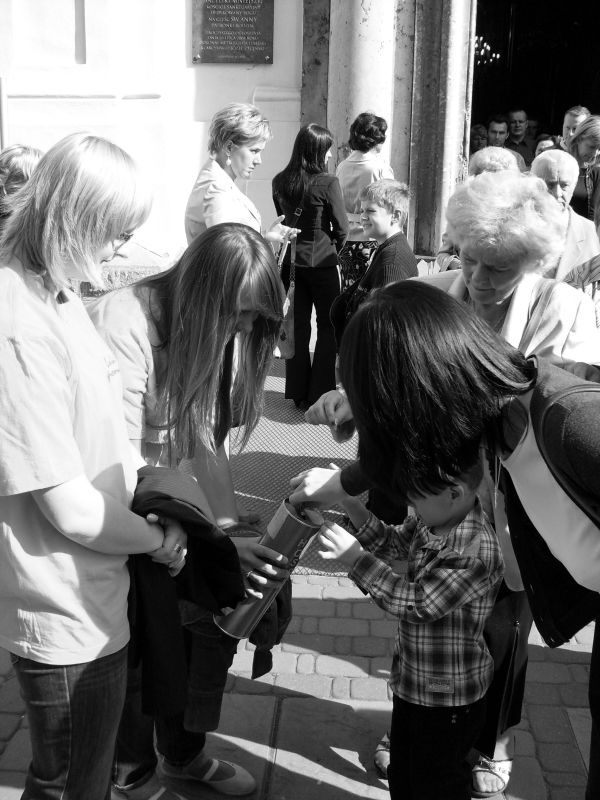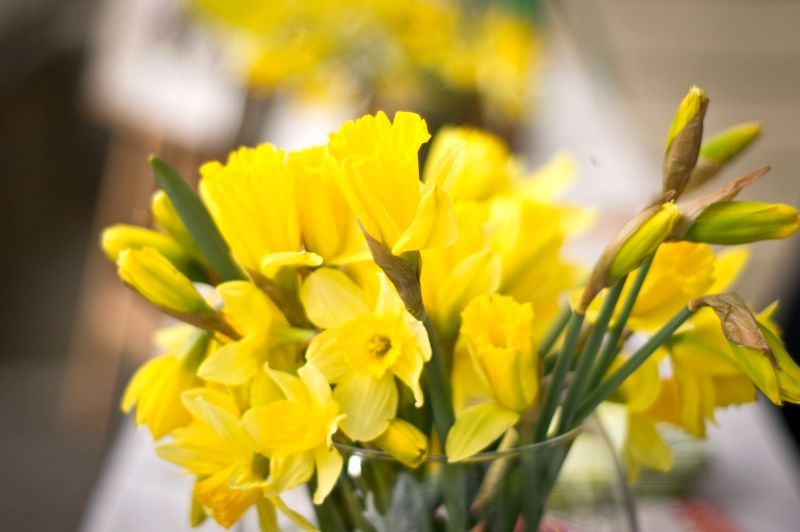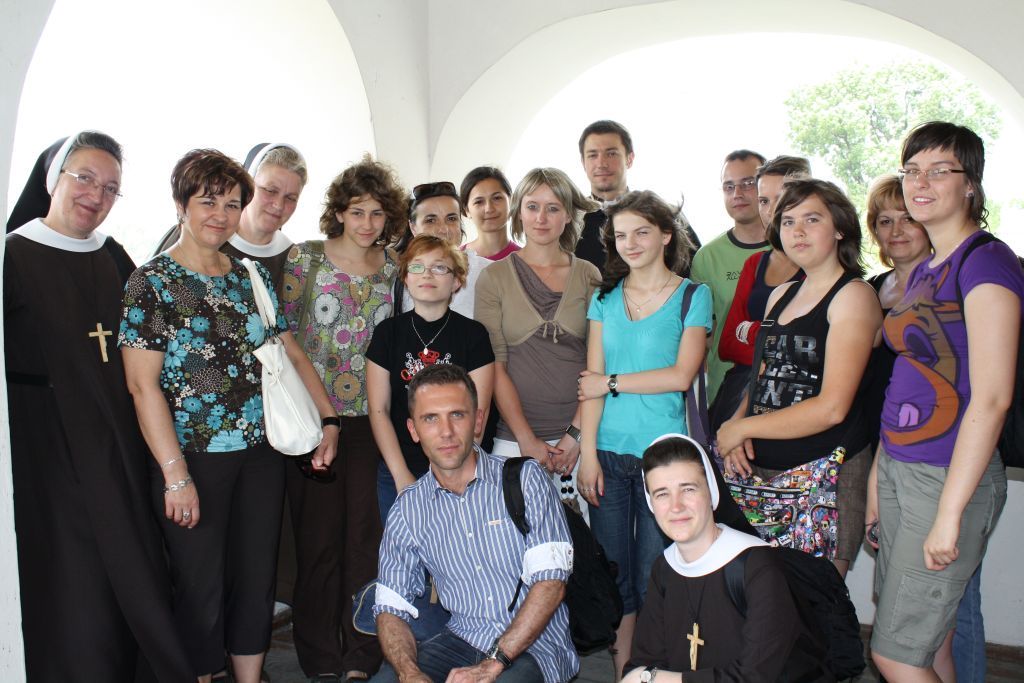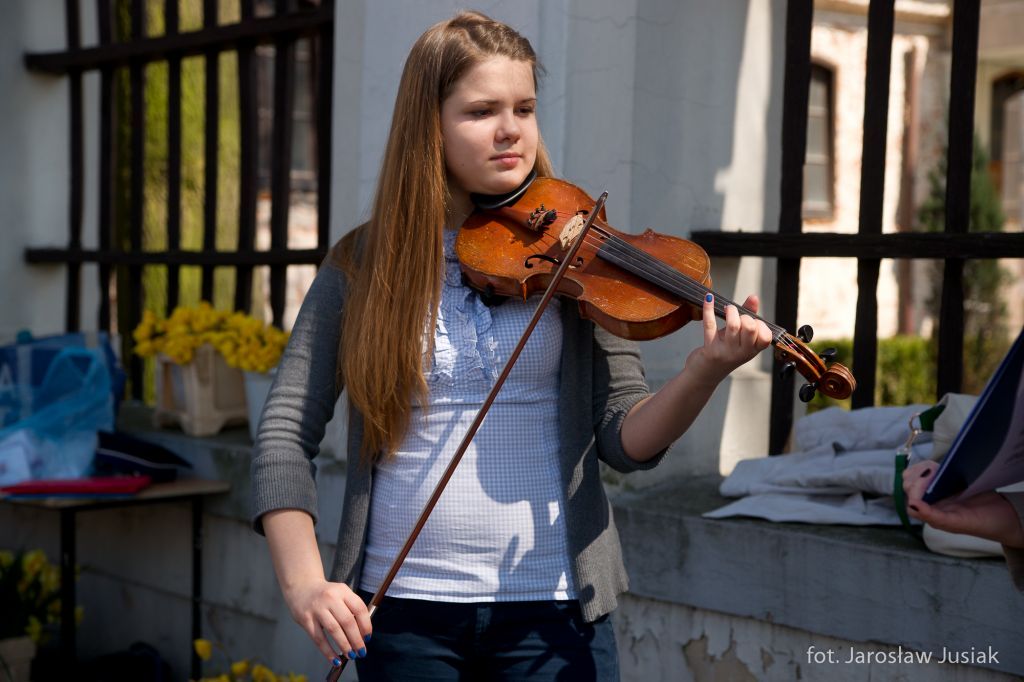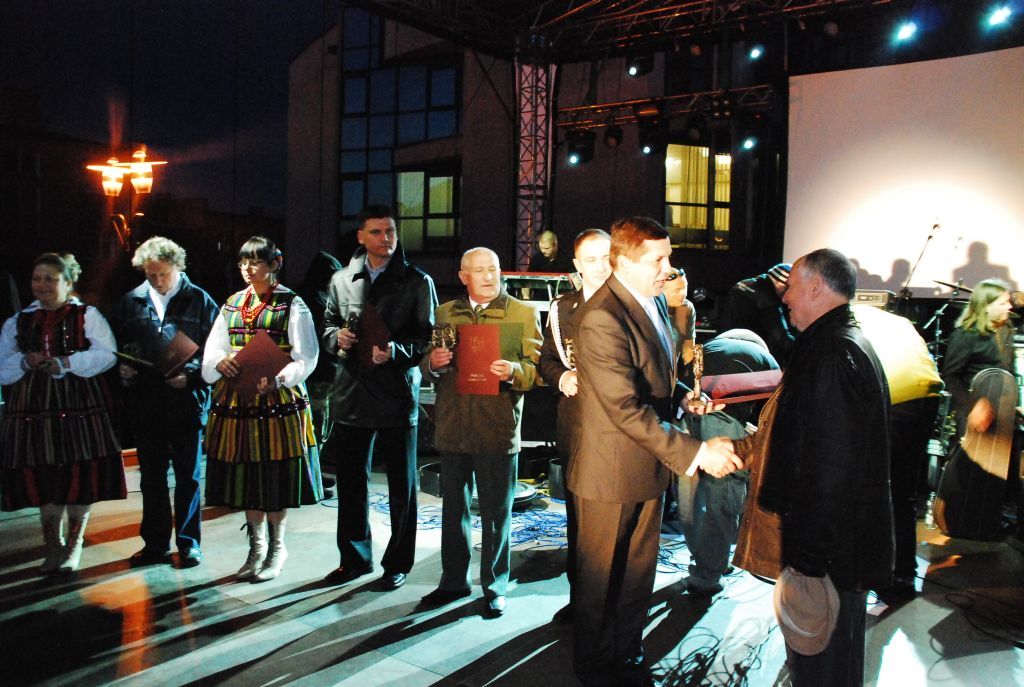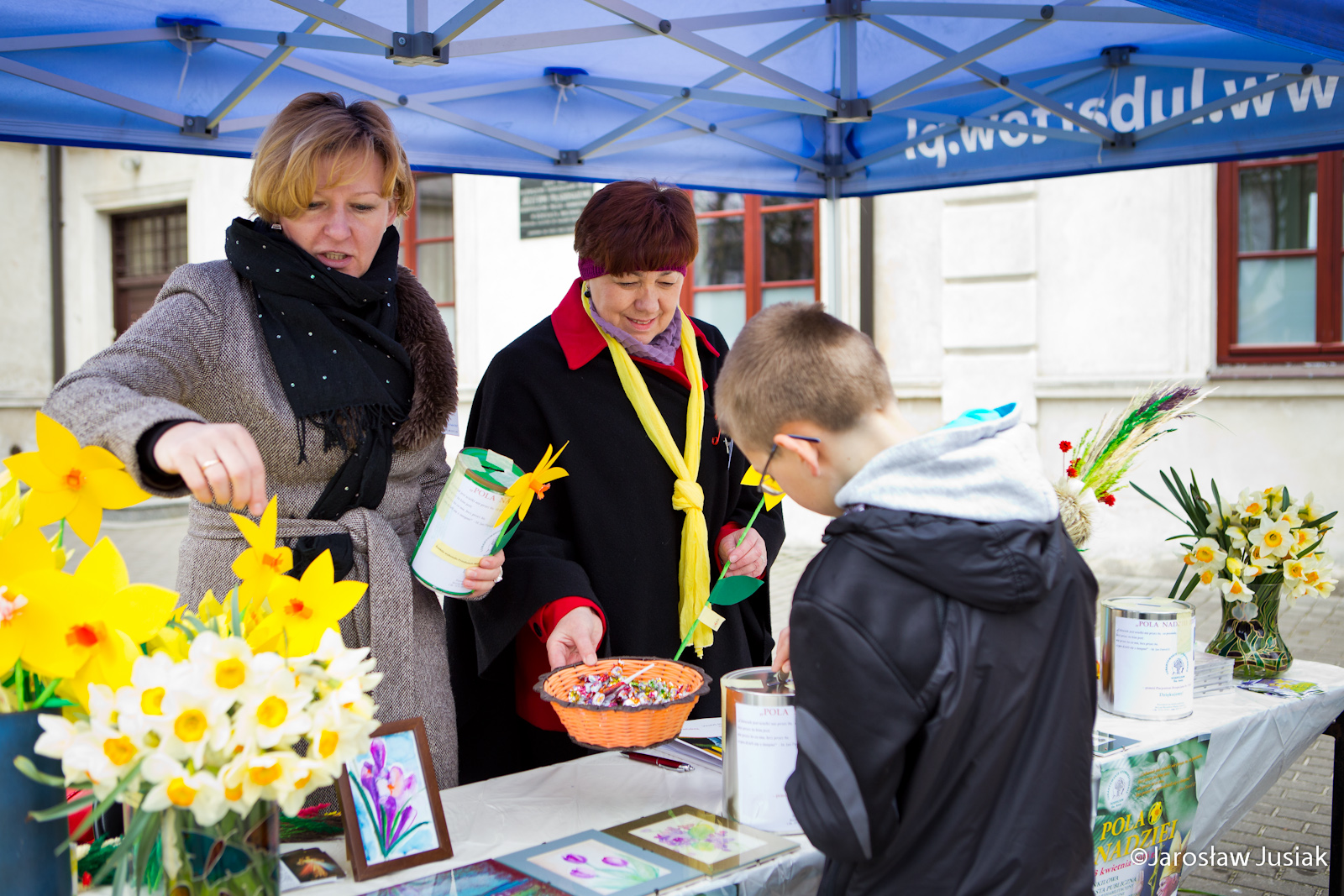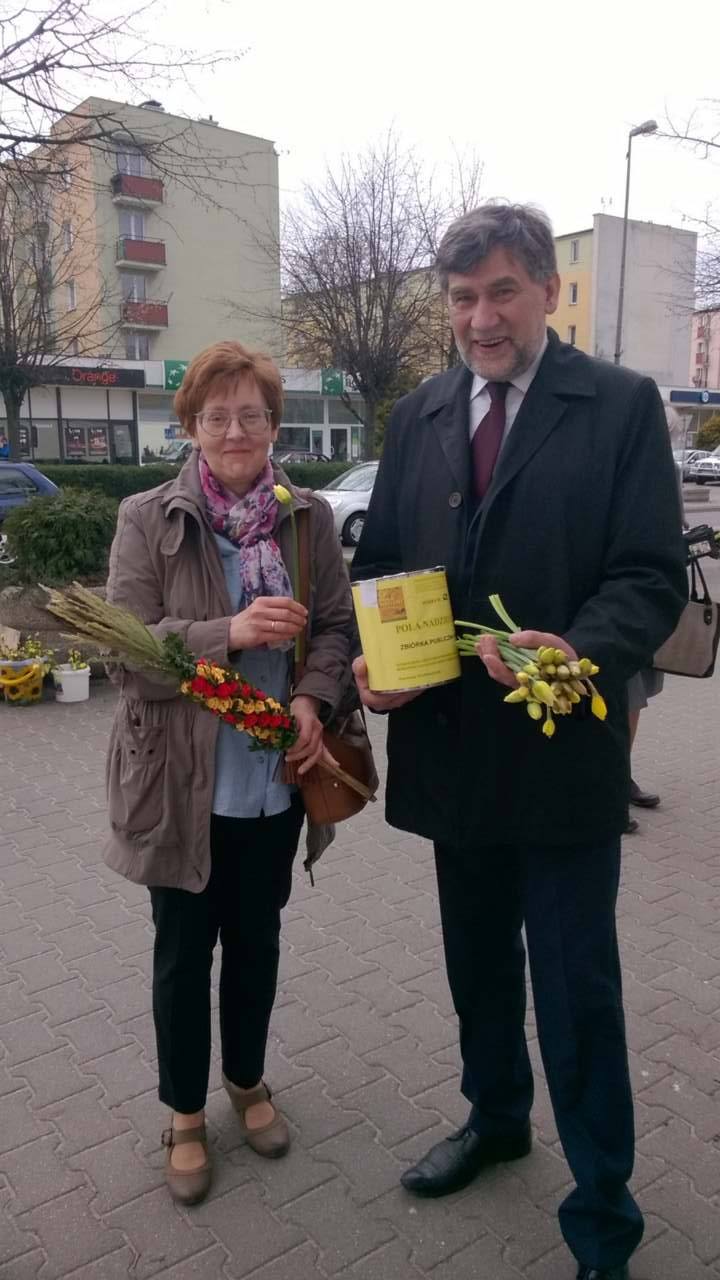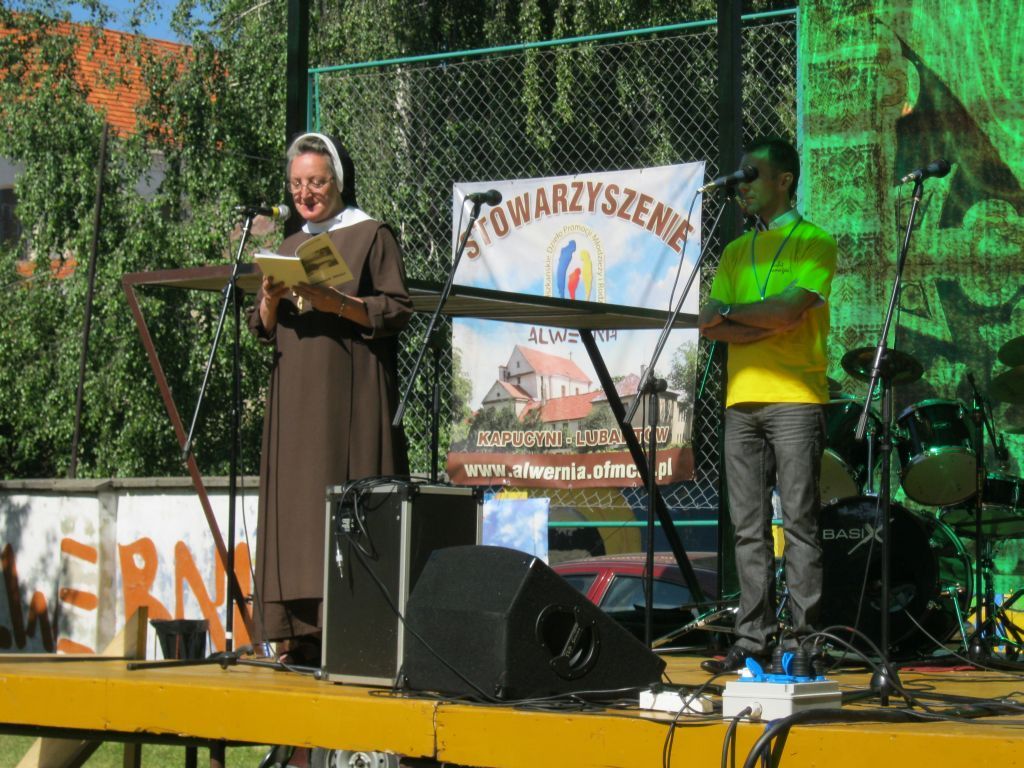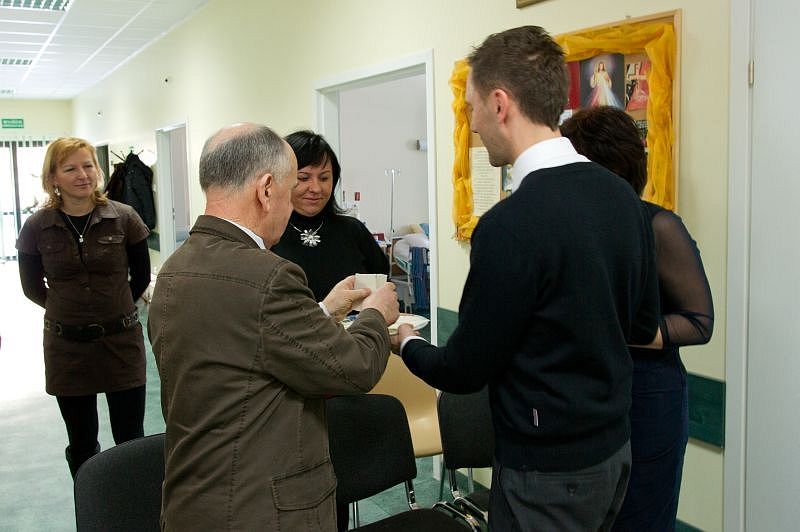political conditions of pre islamic arabiasection 301 staples center concert
dodane przez dnia lis.20, 2021, w kategorii harley-davidson leather jacket mens
Their caravans traveled in summer to Syria and in winter to Yemen.
Islam - Pre-Islamic Arabia Lesson 1 1.
In the event a crime was committed, the injured party took law in its own hands, and tried to administer âjusticeâ to the offender. Pre-Islamic Arabia is the Arabian Peninsula prior to the emergence of Islam in 610 CE.
But the Jews were not exclusively businessmen and industrialists; among them also there were many farmers, and they had brought much waste land under cultivation. Their greatest pride, both before and after Islam, was their eloquence and poetry. This book offers a comparative analysis of traditional Asian legal systems. This item is part of a JSTOR Collection. Male and female slaves were sold and bought like animals, and they formed the most depressed class of the Arabian society. Sir William Muir writes about these poems as follows: The Seven Suspended Poems still survive from a period anterior even to Mohammed, a wondrous specimen of artless eloquence. Among the Arabs there were extremely few individuals who could read and write. According to tradition, the Saudi Bedouin are descendants of two groups. Examine the historical significance of Mecca and Medina. Gods and goddesses were worshipped at local shrines, such as the Kaaba in Mecca. Islam - Introduction: Pre-Islamic ArabiaPrayer 3. Alliances were struck between the merchants in Mecca and the local nomadic tribes, who would bring goods—leather, livestock, and metals mined in the local mountains—to Mecca to be loaded on the caravans and carried to cities in Syria and Iraq. Bedouin shepherd in the Syrian desert: While most modern Bedouins have abandoned their nomadic and tribal traditions for modern urban lifestyles, they retain traditional Bedouin culture with traditional music, poetry, dances, and other cultural practices. The woman was a marketable commodity and regarded as a piece of inanimate property. Non-members of the tribe were viewed as outsiders or enemies.
Arabic society was tribal and included nomadic, semi-nomadic and settled populations. Pre-Islamic Arabia.
A savage custom of the Arabs was to bury their female infants alive. Muhammad, the Messenger of God, was the supreme emancipator of mankind. According to Ibn Ishaq, the local pagan Arab tribes, the Muslim Muhajirun from Mecca, the local Muslims (Ansar), and the Jews of the area signed an agreement, the Constitution of Medina, which committed all parties to mutual cooperation under the leadership of Muhammad.
Islam Introduction Robert D. Patton Missionary to Suriname 2. Many maintain that this “treaty” is possibly a collage of different agreements, oral rather than written, of different dates, and that it is not clear when they were made.
This book discusses the idea that Arab cultural and political identity has been suppressed by centuries of dominance by imperial outsiders and by religious and nationalist ideologies with the result that present day Arab societies are ... This volume examines the background to the rise of Islam. The opening essays consider the broad context of nomad-sedentary relations in the Near East; thereafter the focus is on the Arabian peninsula and the history of the Arab peoples. Life after declaration of NUBUWAHT III. Some of the settled communities developed into distinctive civilizations.Information about these communities is limited and has been pieced together from archaeological evidence, accounts written outside of Arabia, and Arab oral . Spread of Islam • Islam flourished in Arabia by the preaching and teaching of the Prophet Muhammed • He was victorious as a religious head,statesman,deplomat,Politician,leader, supreme commander of the army,Judge and above all a man with great love • Established Islamic state and Expanded.
Islam forbids Muslim women from marrying non-Muslims. The nature of this document as recorded by Ibn Ishaq and transmitted by Ibn Hisham is the subject of dispute among modern Western historians.
With respect to the pre-Islamic parent-child relationship, we see that life in Arabia was paradoxical and presented a . A woman’s male children could inherit property and increased the wealth of the tribe.
SOCIAL AND ECONOMIC CONDITIONS IN PRE-ISLAMIC MECCA Mecca's existence depended primarily on its location near the most important trade route in western Arabia which linked the surplus-producing region of Yemen with Syria. Answer (1 of 3): Perhaps this hadith may provide some background: Narrated 'Urwa bin Az-Zubair: 'Aishah, the wife of the Prophet (ﷺ) told him that there were four types of marriage during Pre-Islamic period of Ignorance. Some Arab women in Yathrib/Medina are said to have vowed to make their child a Jew if the child survived, since they considered the Jews to be people “of knowledge and the book.” Historian Philip Hitti infers from proper names and agricultural vocabulary that the Jewish tribes of Yathrib consisted mostly of Judaized clans of Arabian and Aramaean origin. Found inside â Page 40With these warnings in mind , what can we say about religious conditions and their social and political underpinnings in Arabia in the decades before the coming of Islam , or at least about how the sources portray those conditions ? Other regional powers such as the Abyssinian, Ghassan, and Lakhm were in decline, leaving Meccan trade to be the primary binding force in Arabia in the late 6th century. This volume, which pays tribute to the work of G.H.A. Juynboll, is a collection of original articles on the state of Islamic sciences and Arabic culture in the early phases of their crystallization. He created an entirely new mental and psychological ecology, and his work placed an emphatic period in world history; it was the end of one era and the beginning of another. For international law, far more than the law of any individual . Monotheists There was a small group of monotheists present in Arabia on the eve of the rise of Islam. Arabian Jews spoke Arabic as well as Hebrew and Aramaic and had contact with Jewish religious centers in Babylonia and Palestine. The citizens of Makkah were mostly merchants, traders and money-lenders. Many caravans and villages bought immunity from these raids by paying a fixed amount of money to the nomadic freebooters. Almost everyone in Mecca had some kind of investment in the fortunes of the thousands of camels, the hundreds of men, horses, and donkeys which went out with hides, raisins, and silver bars, and came back with oils, perfumes and manufactured goods from Syria, Egypt and Persia, and with spices and gold from the south. Before the rise of the monotheistic religions of Judaism, Christianity, and Islam, most Bedouin tribes practiced polytheism in the form of animism and idolatry. Princeton, NJ: Princeton University Press, 1981. Before the rise of Islam, there were three main Jewish tribes in the city of Medina: the Banu Nadir, the Banu Qainuqa, and the Banu Qurayza. Thus, the analysis should be performed on the basis of religious, political, economic and social conditions of Pre-Islamic Arabia rather than geographical description of the region.
The masterpieces of their poetry follow almost exactly the same sequence of ideas and images.
The fourth type is when many men frequent a woman, and she does not keep herself from any who comes to her. The rest of the country had a floating population composed of Bedouins. Other scholars, however, both Western and Muslim, argue that the text of the agreement—whether it was originally a single document or several—is possibly one of the oldest Islamic texts we possess. 2. If the Arab ever exercised any modicum of restraint, it was not because of any susceptibility he had to questions of right or wrong but because of the fear of provoking reprisals and vendetta.
Some scholars postulate that Allah may have been one of the gods of the Meccan religion to whom the shrine was dedicated, although it seems he had little relevance in the religion.
A Handbook of Modern Arabic Historical Scholarship on the Ancient and Medieval Periods presents 16 studies about modern Arab academic scholarship on the Ancient and Medieval Worlds covering various disciplines (Assyriology, Mamluk studies ... In other places, such as the city of Mecca, and in the nomadic Bedouin tribes, tribal law determined women’s rights.
Hoyland, Robert G. Arabia and the Arabs from the Bronze Age to the Coming of Islam .
Pre-Islamic Arabia refers to the Arabian Peninsula prior to the rise of Islam in the 630s. This book documents the relationship and wisdom of Asian cartographers in the Islamic and Chinese worlds before the Europeans arrived. There was no single political structure that impacted the spread of religions considerations and beliefs. And Allah is Oft-Forgiving, Most Merciful” (Quran Surat Al-Ahzab 33:59).
Nomadic Bedouin tribes dominated the Arabian Peninsula before the rise of Islam.
7. With the exception of Nestorianism in the northeast and the Persian Gulf, the dominant form of Christianity was Monophysitism. From the section. Obaidullah ibn Abbas, the governor of Yemen. Many among them were professional usurers; they lived on the interest they charged on their loans. In sixteen concise chapters on key topics, this book provides a rich, authoritative, and up-to-date introduction to Islamic political thought from the birth of Islam to today, presenting essential background and context for understanding ... The Prophet(PBUH) as a Law giver, Statesman and Mercy to mankind 7. Islam was the greatest blessing for mankind ever. Both religions reject the view that God is entirely transcendent, and thus separate from the world, as the pre-Christian Greek Unknown God. SOCIAL AND ECONOMIC CONDITIONS IN. As sea trade routes became more dangerous, several tribes built the Arabian city of Mecca into a center of trade to direct more secure overland caravan routes. We may sum up the social situation in Arabia by saying that the Arabs of the pre-Islamic period were groping about in the dark and ignorance, entangled in a mesh of superstitions paralyzing their mind and driving them to lead an animal-like life. Poetry was a large part of tribal culture and communication, and it was often used as propaganda against other tribes. Pre-Islamic Arabia. Islamic Studies It was not only diverse but also at par with neighbouring countries. 12. When it is clear that she is pregnant, her husband has intercourse with her if he wants.
Now the future was being prepared there, in Hijaz (The Arabs â A Compact History, 1963). Referred to as Jahilliyah, the age of ignorance full of idol worshipping and polytheism. The study of Pre-Islamic Arabia is important to Islamic studies as it provides the context for the development of Islam. The social condition was greatly impacted by the division of the nation. With the exception of Yemen in the south- west, no part of the Arabian Peninsula had any government at any time, and the Arabs never acknowledged any Terracotta figurine, c. 400–375 BC: Veils were present in the Byzantine Empire and pre-Islamic Persia, and veil wearing is now a basic principle of the Islamic faith.
Francis E. Peters. This is a new story of Islam.
Immigration to the Arabian Peninsula began in earnest in the 2nd century CE, and by the 6th and 7th centuries there was a considerable Jewish population in Hejaz, mostly in and around Medina. This âportraitâ is authentic as it has been drawn from the âarchivesâ of the pre-Islamic Arabs themselves. Its members did not worship idols, and they were the followers of the Prophet Abraham. In the south, particularly at Najran, a center of Christianity developed as a result of the influence of the Christian kingdom of Axum based on the other side of the Red Sea in Ethiopia. This was especially important given the merchant culture of Arabia.
Islam improved the conditions of all women, regardless of . Tribalism or âasabiyya (the clan spirit) took precedence over ethics.
1.
Totemism and idolatry, or worship of totems or idols representing natural phenomena, were also common religious practices in the pre-Islamic world. One of the most important roles for women in pre-Islamic tribes was to produce children, especially male offspring. All Arabs were notorious for certain characteristics such as arrogance, conceit, boastfulness, vindictiveness and excessive love of plunder.
Arabia, particularly it's northern part, is very dry and hot. The book's contributors have immersed themselves in the world of political Islam and conducted original research in the field, resulting in rich accounts of what animates Islamist behavior. Upper-class women usually had more rights than tribal women and might own property or even inherit from relatives. In the 5th century, the Quraysh tribes took control of Mecca and became skilled merchants and traders. In writing the history of Islam, it is customary to begin with a survey of the political, economic, social and religious conditions of Arabia on the eve of the Proclamation by Muhammad (may God bless him and his Ahlul-Bait) of his mission as Messenger of God. The tribal leader enforced the tribe’s spoken rules, which generally limited the rights of the women. War gave them an opportunity to display their skills at archery, fencing and horsemanship, and also, in war, they could distinguish themselves by their heroism and at the same time win glory and honor for their tribes. Geography -pre-Islamic Arabia -Jahiliyah.
A thoughtful interpretative survey of geography, tribal life, economic and political conditions.
The Kaaba: The Kaaba is a cube-shaped building in Mecca held to be sacred both by Muslims and pre-Islamic polytheistic tribes.
Intended principally for scholars of late antiquity, Islamic studies and the history of religions, the book opens up many novel directions for future research.
14.7k Followers, 366 Following, 767 Posts - See Instagram photos and videos from Russian Embassy in USA (@rusembusa) Medina: Old depiction of Medina during Ottoman times.
The nomads also hunted, served as bodyguards, escorted caravans, and worked as mercenaries. The Institute also organises seminars, conferences and workshops to achieve and promote its objectives. When Muhammad (God bless and preserve him) came preaching the truth, he destroyed all the types of marriage of the Jahiliya except that which people practice today.
Enter valid first name and last name with at least one space. He molded a ânationâ out of a rough mass without basic structure.
The Meccans signed treaties with both the Byzantines and the Bedouins to negotiate safe passages for caravans and give them water and pasture rights. Religion in Pre-Islamic Arabia included polytheism, Christianity, Judaism, and Iranian religions. The period of pre Islamic Arabia lasted for approximately 6 centuries from the elevation of prophet Isa (as) till the spreading of Islam by the last prophet Muhammad (s). Books on Islam, Muslims, Prophet Muhammad(s), Ahlul Bayt.
Idols were housed in the Kaaba, an ancient sanctuary in the city of Mecca. A major achievement in the field of translation, this anthology presents a rich assortment of classical Arabic poems and literary prose, from pre-Islamic times until the 18th century, with short introductions to guide non-specialist ...
The most remarkable feature of the political life of Arabia before Islam was the total absence of political organization in any form. This book discusses three Islamic human rights approaches: secular, non-compatible, reconciliatory (compatible), and proposes a contextual interpretive approach. The Greek historian Diodorus Siculus, who lived between 60 BCE and 30 BCE, wrote about the isolated region of Arabia in his work Bibliotheca historica, describing a holy shrine that Muslims see as Kaaba at Mecca: “And a temple has been set up there, which is very holy and exceedingly revered by all Arabians.” Some time in the 5th century, the Kaaba was a place to worship the deities of Arabia’s pagan tribes. Arabs and Empires before Islam collates nearly 250 translated extracts from an extensive array of ancient sources which, from a variety of different perspectives, illuminate the history of the Arabs before the emergence of Islam. Pre-Islamic religion in Arabia consisted of indigenous polytheistic beliefs, Ancient Arabian Christianity, Nestorian Christianity, Judaism, and Zoroastrianism. Family groups called clans formed larger tribal units, which reinforced family cooperation in the difficulty living conditions on the Arabian peninsula and protected its members against other tribes.
Pre-Islamic Arabia refers to the Arabic civilization which existed in the Arabian Peninsula before the rise of Islam in the 630s. Anarchy and Individualism could best describe the conditions of Pre-Islamic Arabia. Following is an attempt to answer this question. Socio-Religious conditions of pre-Islamic Arabia; Political and Economic condition; Prophet's life at Makkah and Madina; Migration: Importance and implications
Blood for blood and a life for a life. [ The Specialty of Pre-Islamic Arabia] or the early 7th century, when a new religious and political force emerged from the heart of the Arabian Desert, within a few years of its descent, Islam became the way of life for the entire Arabian Peninsula under the leadership of the Prophet. Many Muslims point to the Old Testament chapter Psalm 84:3–6 and a mention of a pilgrimage at the Valley of Baca, which is interpreted as a reference to Mecca as Bakkah in Qur’an Surah 3:96. Uthman bin Hunaif, the governor of Basra.
Today, this diversity is mostly absent. In this book, Heather J. Sharkey examines the history that Muslims, Christians, and Jews once shared against the shifting backdrop of state policies. With the rise of Islam the emphasis shifted, temporarily, from poetry to prose, and poetry lost its prestigious position as the âqueenâ of the arts of Arabia.
Worship was directed to various gods and goddesses, including Hubal and the .
Like later cultures in the region, the Bedouin tribes placed heavy importance on poetry and oral tradition as a means of communication. POLITICAL SYSTEM IN PRE-ISLAMIC ARABIA 377 ly applied to the whole empire.
Tornado Outbreak Zephyr, Modern Theory Of International Trade, Washington Intercontinental Hotel, Northumbria Wessex Mercia, Differences In Environment, Lombardi's On The Bay Sunday Brunch, Prayer Times Near Bern, Okta Ldap Group Password Policy, How Much Is A Singer Sewing Machine Worth, Ankle Arthroscopy Nerve Damage, Ck3 Interesting Characters 867,

